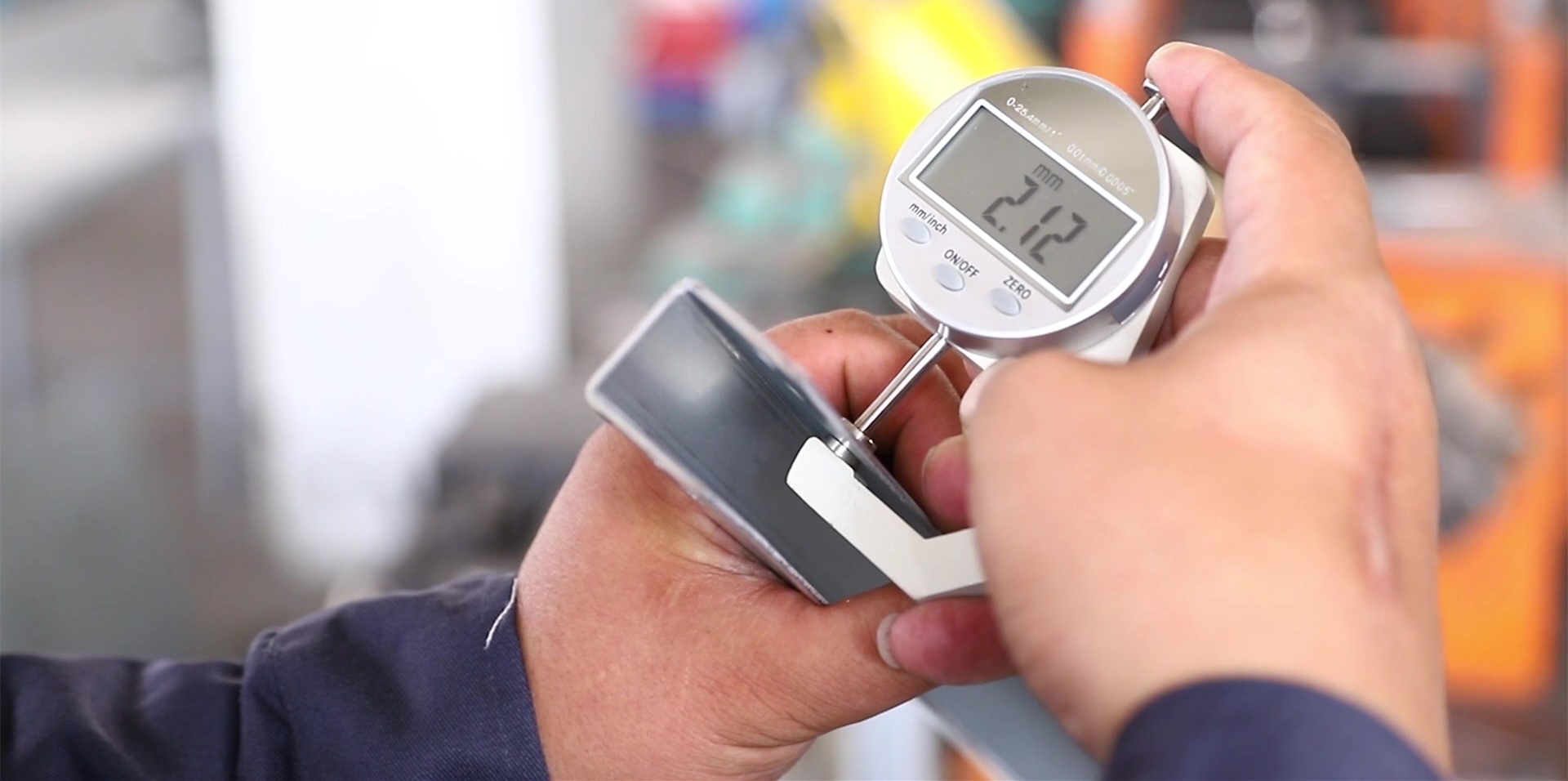Efficient Food Preservation with Advanced Vacuum Packaging Solutions for Optimal Freshness
Nov . 07, 2024 09:51 Back to list
Efficient Food Preservation with Advanced Vacuum Packaging Solutions for Optimal Freshness
The Evolution and Importance of Food Vacuum Packaging Machines
In recent years, the food industry has witnessed significant advancements in preservation techniques, one of the most impactful being vacuum packaging. Food vacuum packaging machines play a crucial role in extending the shelf life of perishable items, ensuring food safety, minimizing waste, and maintaining quality. This article explores the evolution of vacuum packaging technology, its benefits, and its increasing significance in modern food processing.
Understanding Vacuum Packaging Technology
Vacuum packaging machines work by removing air from the package containing food items, then sealing it tightly. This process creates a low-oxygen environment that inhibits the growth of aerobic bacteria and mold, thus preserving the freshness of the food. The technology itself has evolved from manual methods to fully automated systems, allowing for greater efficiency and versatility in food production.
Historically, vacuum packaging began in the 1940s when it was primarily used for military rations. Over the decades, the technology has advanced, becoming an integral part of both small-scale and large-scale food production. Modern vacuum packaging machines are equipped with features such as digital controls, adjustable sealing times, and even the capability to seal liquids, catering to a diverse range of food products.
Benefits of Food Vacuum Packaging
1. Extended Shelf Life The most significant advantage of vacuum packaging is its ability to prolong the freshness of food items. By reducing oxygen levels, vacuum sealing effectively slows down spoilage processes, allowing food to last much longer than conventional storage methods.
food vacuum packaging machines

2. Preservation of Nutritional Quality Vacuum packaging not only protects food from spoilage but also helps to retain its nutritional value. Air exposure can lead to nutrient degradation, especially in fruits and vegetables. Sealing food in vacuum bags preserves vitamins and minerals, ensuring that consumers receive maximum health benefits.
3. Minimized Food Waste Food waste is a pressing global issue, with a significant portion of edible food ending up in landfills. Vacuum packaging can significantly reduce this problem by keeping food fresh for extended periods. By enabling consumers and restaurants to store leftovers or bulk food items safely, this technology contributes to waste reduction and sustainable practices.
4. Cost Efficiency For businesses, vacuum packaging is a cost-effective solution. With extended shelf life, companies can manage their inventory better, reducing the frequency of restocking and minimizing losses from expired products. In addition, vacuum-sealed products are often appealing to consumers, enhancing marketability.
5. Versatility Vacuum packaging machines are versatile and can accommodate various food items, from meat and fish to vegetables and dry goods. This adaptability makes them suitable for a wide range of industries, including restaurants, catering businesses, and food manufacturers.
The Future of Vacuum Packaging Technology
As consumer demands for quality and sustainability continue to rise, vacuum packaging will likely see further advancements. Innovations in materials, such as biodegradable vacuum bags, are already emerging, addressing environmental concerns associated with plastic packaging. Additionally, the integration of smart technology in packing machines will enhance the monitoring capabilities of food products, ensuring optimal storage conditions.
In conclusion, food vacuum packaging machines represent a remarkable innovation in food preservation. Their ability to extend shelf life, maintain nutritional quality, and reduce waste makes them essential for both food producers and consumers. As technology continues to evolve, the role of vacuum packaging in the food industry will only become more significant, driving sustainable practices and ensuring food safety for generations to come.
-
Automatic Feeding Line System-Pan Feeder Nipple Drinker|Anping County Yize Metal Products Co., Ltd.
NewsJul.29,2025
-
Hot Sale 24 & 18 Door Rabbit Cages - Premium Breeding Solutions
NewsJul.25,2025
-
Automatic Feeding Line System Pan Feeder Nipple Drinker - Anping County Yize Metal Products Co., Ltd.
NewsJul.21,2025
-
Automatic Feeding Line System Pan Feeder Nipple Drinker - Anping County Yize Metal Products Co., Ltd.
NewsJul.21,2025
-
Automatic Feeding Line System - Anping Yize | Precision & Nipple
NewsJul.21,2025
-
Automatic Feeding Line System - Anping Yize | Precision & Nipple
NewsJul.21,2025






